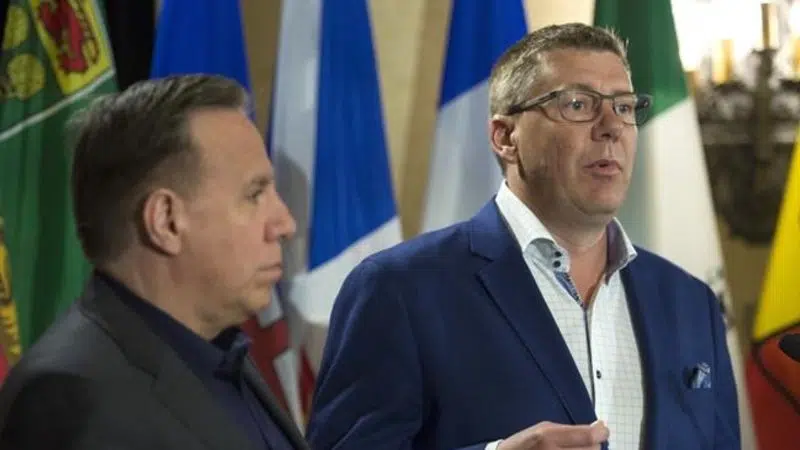
Is federal carbon tax killing jobs? Experts say answer isn’t ‘black and white’
REGINA — The Saskatchewan government says the federal carbon tax is killing jobs, but experts and even the province’s trade minister say it’s not that easy to calculate.
The government reports that jobs are down in the oil and gas sector by about 1,400 and by another 1,500 in mining compared with July 2018.
The province brought in its own tax on excess emissions from heavy industry in January, but consumers became subject to the federal carbon tax in April, because Saskatchewan did not have its own pricing deemed acceptable by Ottawa. The province is taking its challenge of the federal tax to the Supreme Court.
“You’re not going to be able to directly link exactly to the carbon tax,” Trade Minister Jeremy Harrison told The Canadian Press in a recent interview.
